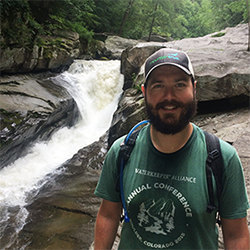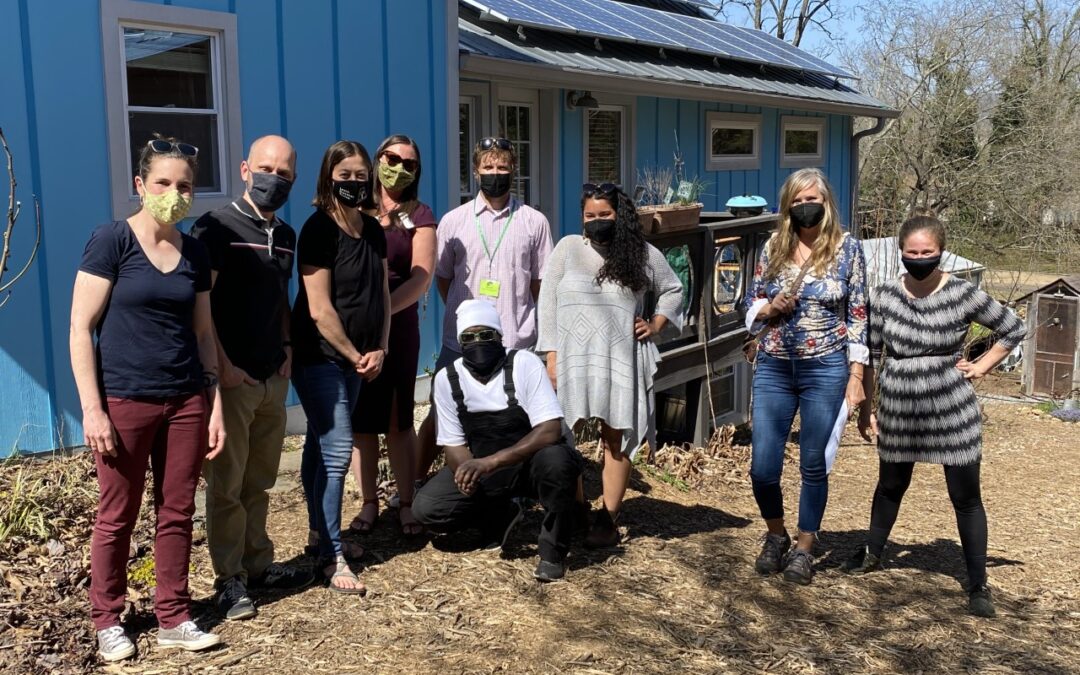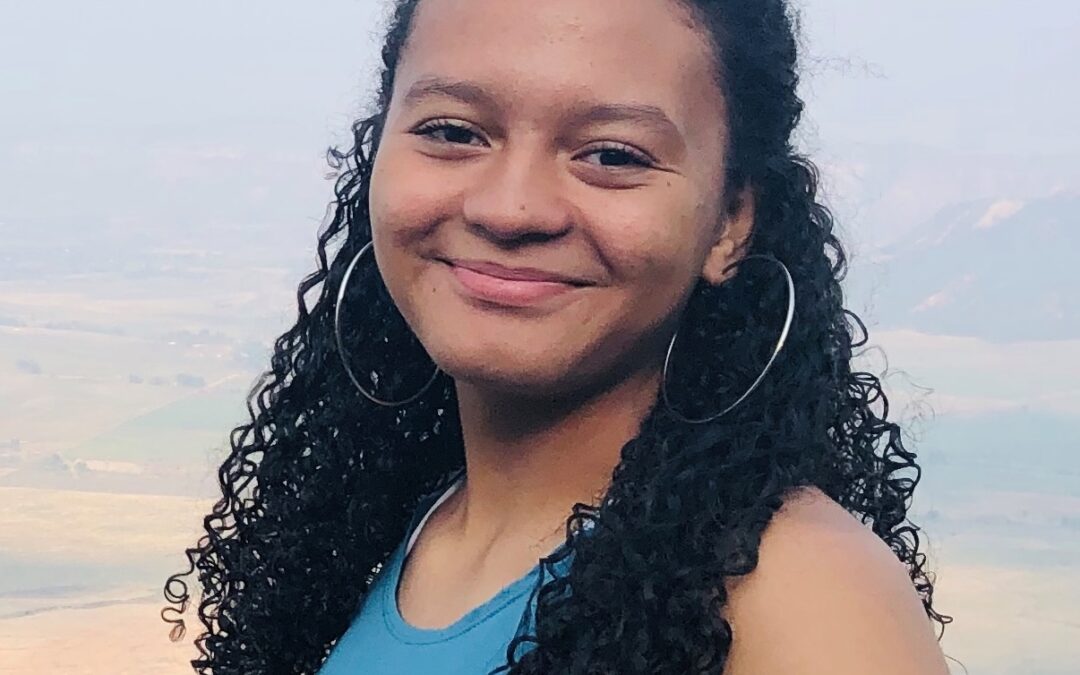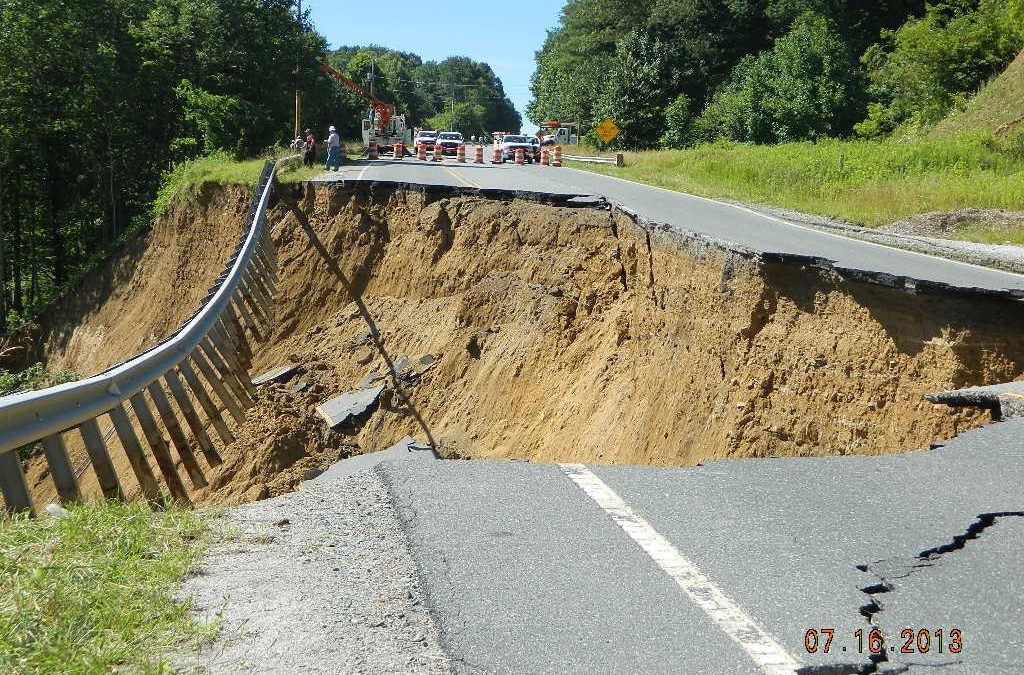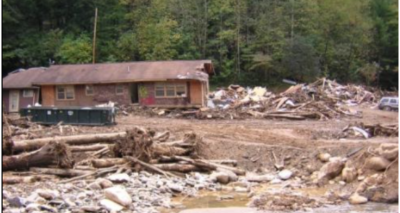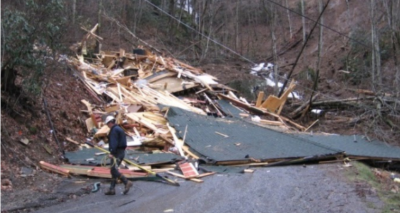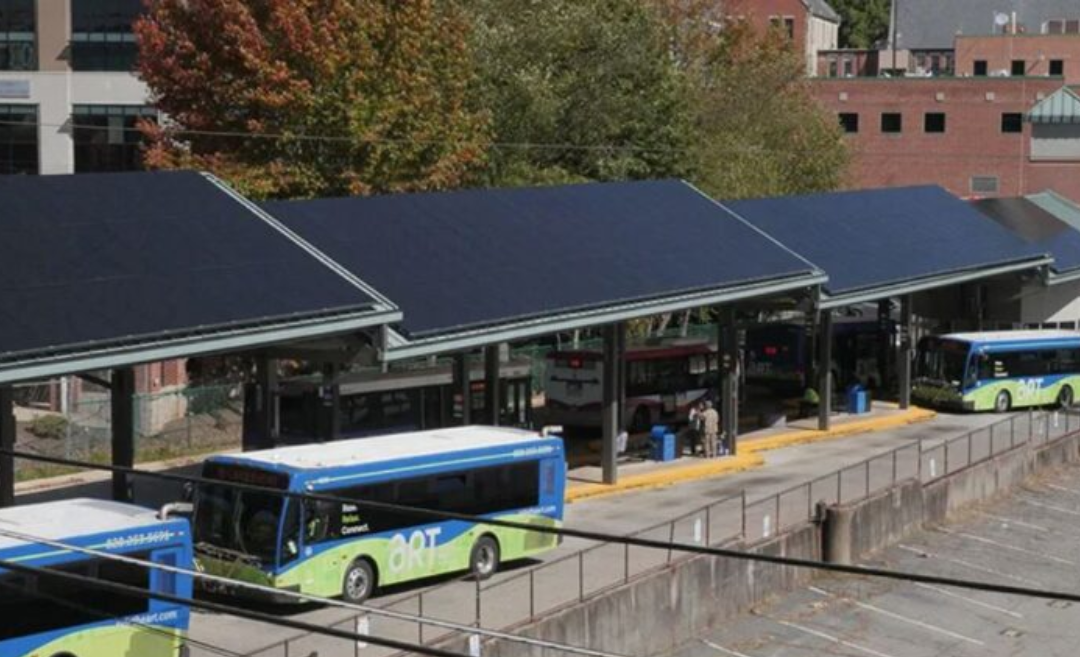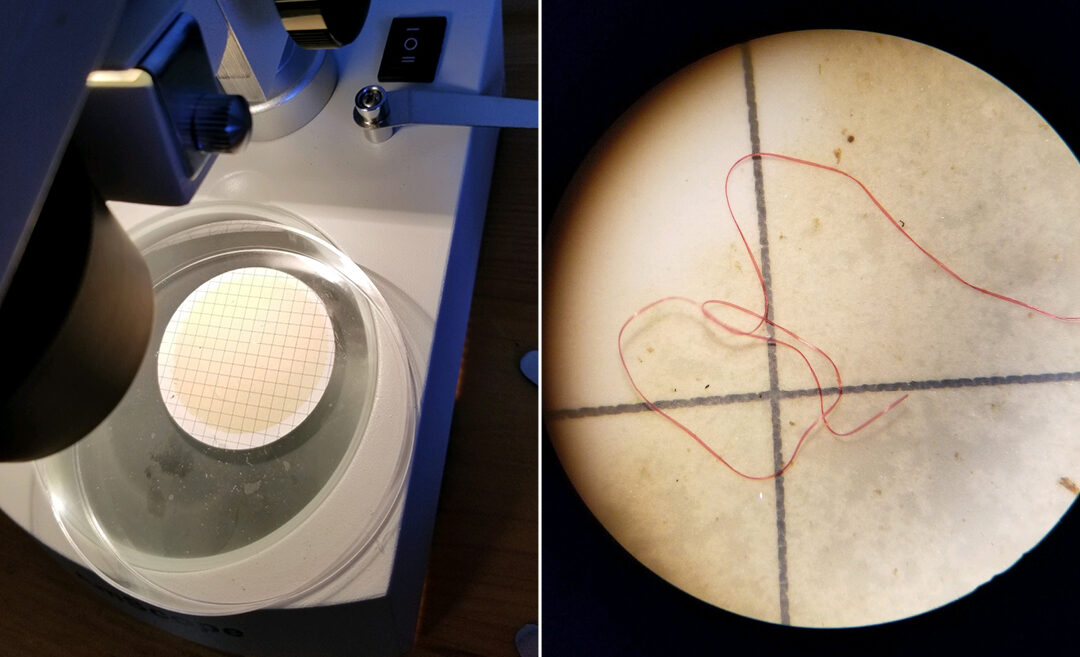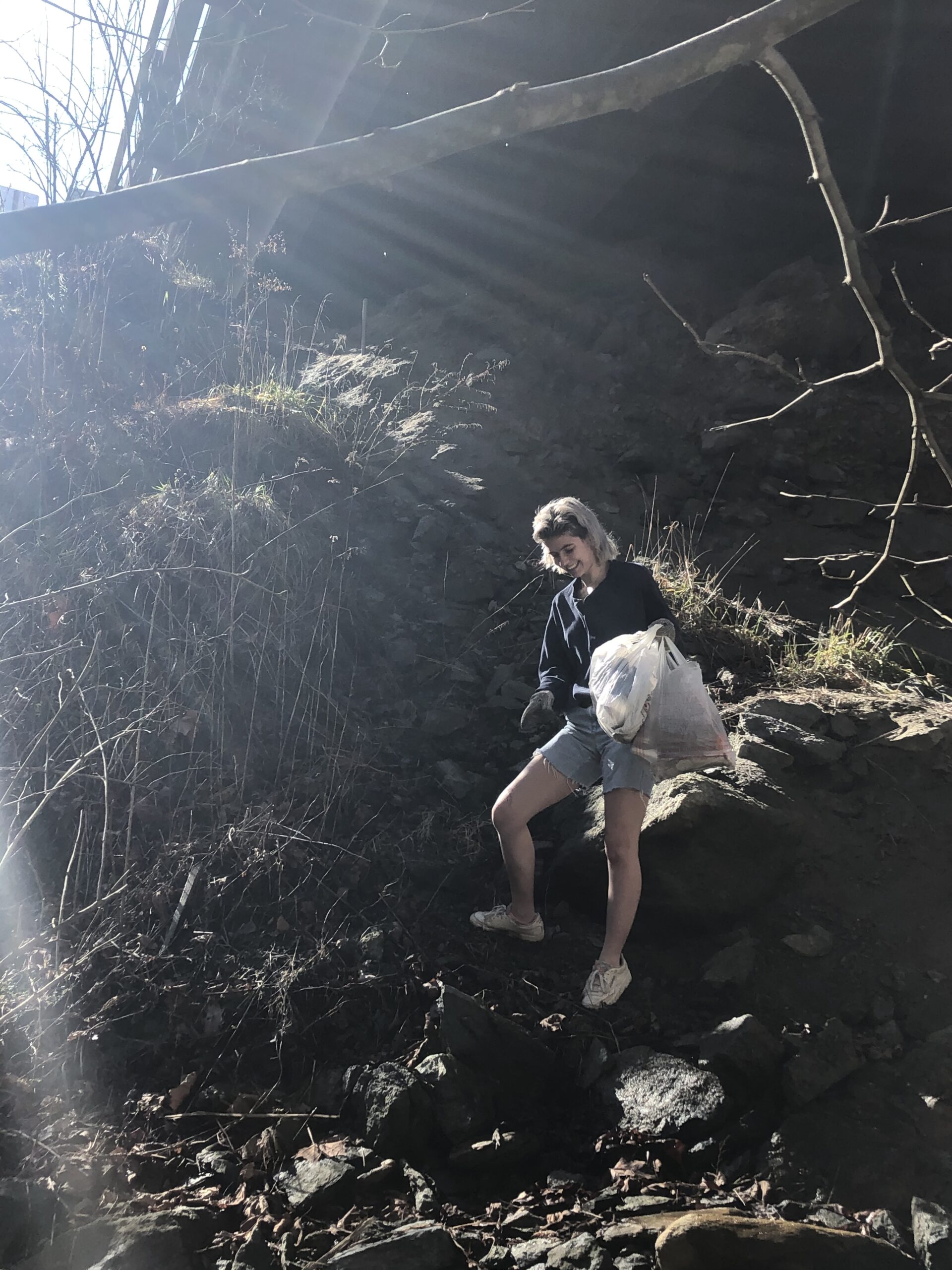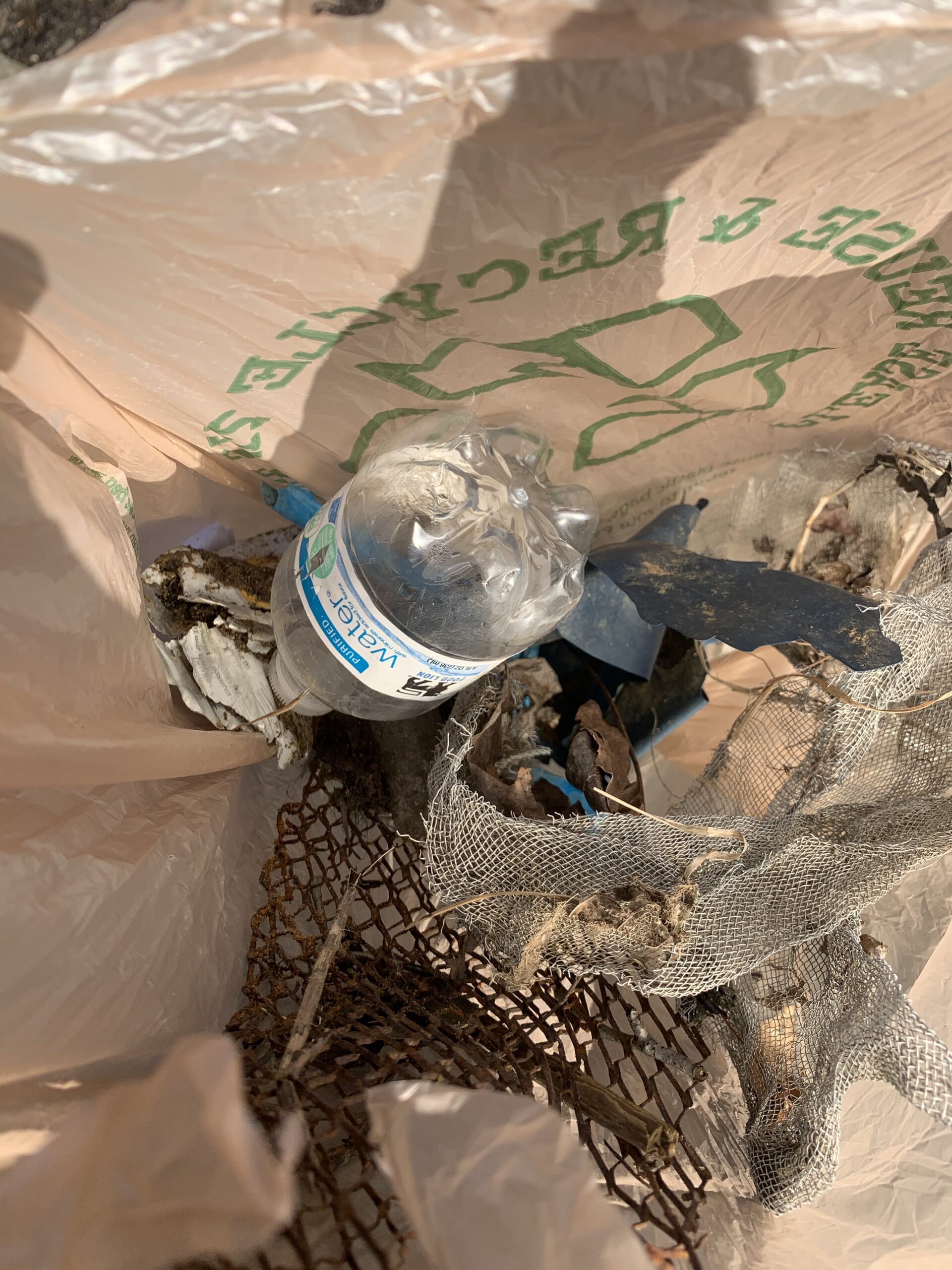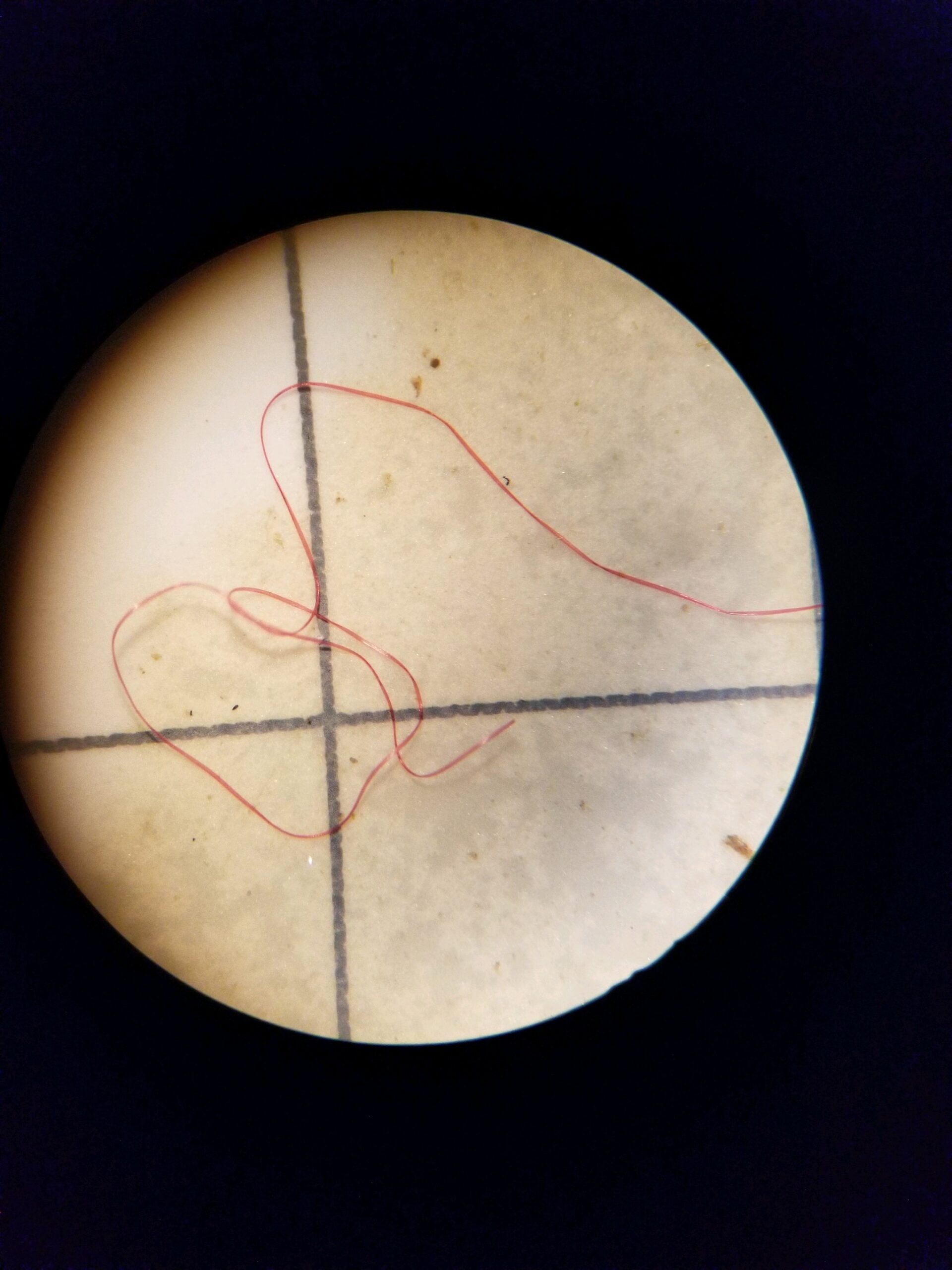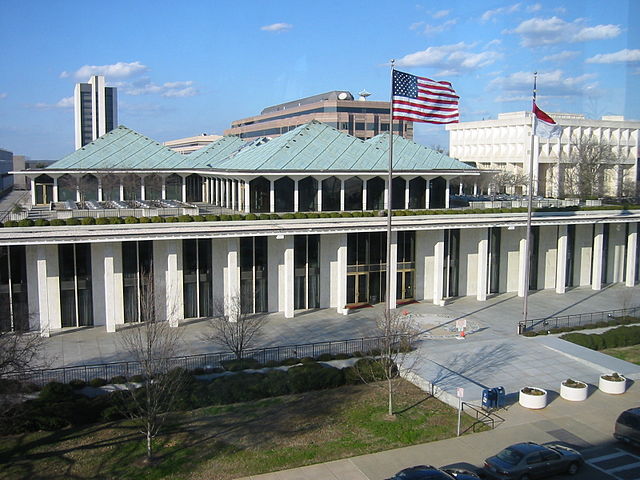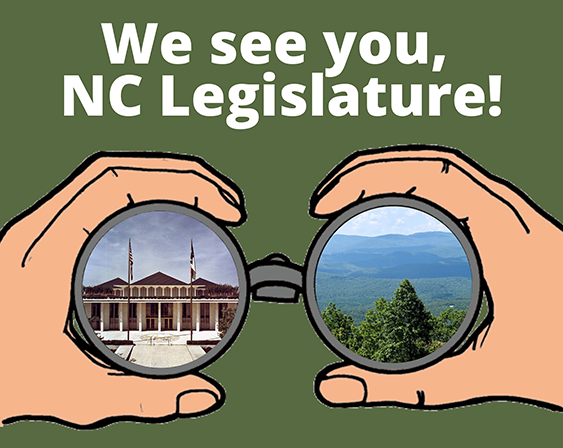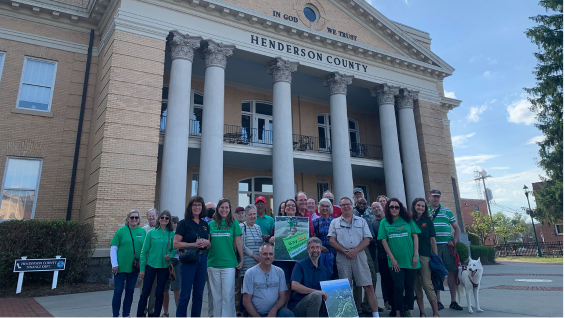
Asphalt plant victory: You made this happen!
Asphalt plant victory: You made this happen!
Community members celebrate in front of the Historic Courthouse in Hendersonville yesterday.
Southern Regional Director & Green Riverkeeper Gray Jernigan shared this message with MountainTrue’s Henderson County supporters today, June 2 2021.
We did it! Once again, our community came together to defeat an asphalt plant proposal that would harm community health, clean water and local public lands. Yesterday, just a few hours before the Board of Commissioners meeting where the final decision would be made, the developer withdrew his application because he knew he didn’t have the votes. Your support for this effort marks the second time we’ve defeated this dangerous proposal for East Flat Rock.
I’m writing to say thank you. Defeating this proposal meant showing up to community meetings, writing public comments and sitting through hours of County Commission hearings – all because you believed in the power of community organizing. For some of you this was your first time making a public comment at a hearing. I know it’s not always easy to put yourself out there, and MountainTrue and Friends of East Flat Rock are so grateful that you did.
Beyond that, this was the second time our community put in so much time and energy to challenge this proposal, and during a pandemic that was already so stressful for all of us. I’m encouraged by the resilience of our members to speak up and turn out, even during challenging times.
A special thanks goes out to Michelle Tennant Nicholson and Shannon Nicholson for leading the organizing effort, as well as the core group of community leaders that met weekly to strategize along the way. East Flat Rock is an amazing community and despite the unfortunate circumstances, I hope that this has brought many of you closer together as neighbors than ever before.
In the coming months, Henderson County will begin the process of updating its Comprehensive Plan that will guide development in our area for decades to come. I hope you’ll stay engaged in this effort to help shape the vision for future growth while protecting our communities and natural resources. You’ve seen during this advocacy effort how important the Comprehensive Plan is when our elected and appointed leaders are forced to make tough decisions about land use, and you are important to steering the conversation about the future of our community.
I hope you’re feeling some relief and celebrating today. Thank you for being part of this win.
Sincerely,
Gray Jernigan, Southern Regional Director & Green Riverkeeper

